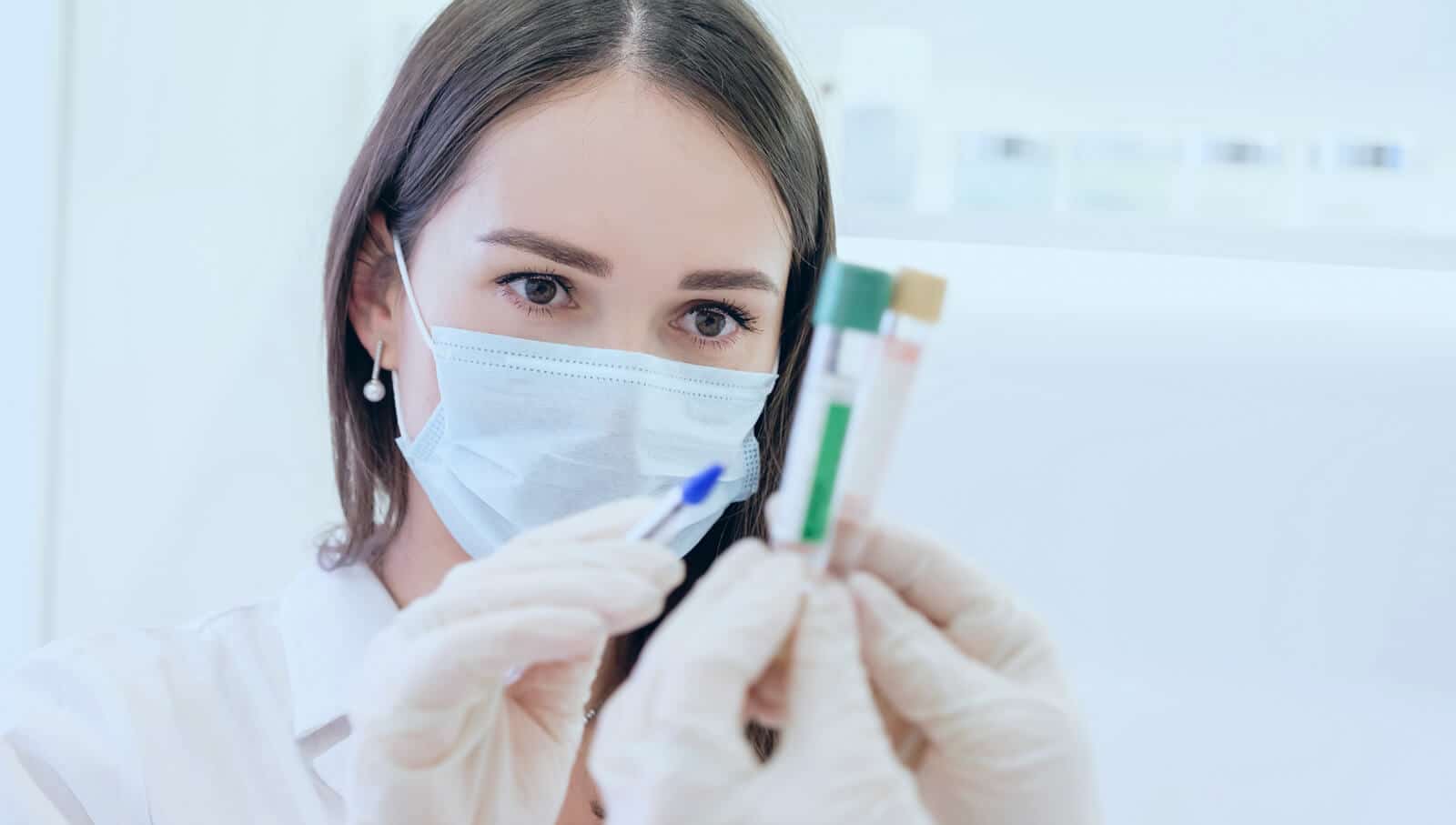Following two years of massive healthcare advancements related to vaccine developments, biotech has exploded with opportunities for new research that impacts medicine.
And along with these new developments, there have been recent changes to ICD-11, the International Classification of Diseases from the WHO that define aging as a disease — opening the door for additional research and funding in lifesaving treatments.
With advancements in medicine fueled by developments in biotechnology come new investments and breakthroughs that impact the entire healthcare and pharmaceutical industry. More awareness and funding opens the door for new preventative care and treatment of diseases like cancers, autoimmune disorders, and other conditions.
Anti-Aging Research and Biotech
There has been some debate around classifying aging as a disease, rather than as a certain outcome of living longer. Scientists like David Sinclair have been researching the cellular lifespan as it relates to aging and teams have made recent discoveries that indicate the possibility of regenerating organs, improving cognitive function in old age, and overall slowing the epigenetic clock.
Funding for anti-aging or longevity research in biotech is rising, with anti-aging biotech company Life Biosciences recently procuring an $82M round of funding for R&D of therapeutic treatments for aging-related diseases. Another aging research biotech lab, Altos Labs, also secured quite a bit of financing, with $3B in initial investments from high-profile backers including Jeff Bezos and Yuri Milner. Altos Labs seeks to create epigenetic-based anti-aging technology.
David SInclair's Biotech Research Lab at Harvard
David Sinclair and colleagues have been tracing aging back to its roots for decades, trying to find the source of aging, which they believe to be the contributing factor to diseases like cancer, dementia, and other age-related conditions. After the Nobel-prize winning discovery of Yamanaka factors in 2012, labs around the world, like David Sinclair’s, have been making discoveries that show promise for longevity treatments in the near future.
The Sinclair Lab at Harvard is a biology lab currently researching the body’s response to and defenses against aging to understand how to treat diseases including mitochondrial diseases, diabetes, Alzheimer’s, cancers, and other heart diseases
Biotech R&D in 2022
Biotech research is more intelligent now than it has ever been before. Biotechs are using AI and statistical modeling to repeat experiments and collect data, and with wearable sensor technology, they can collect data from human subjects at scale in completely new ways.
When running a biotech lab in 2022, lab managers and PIs are turning to cloud-based collaborative technologies, new sources of funding, and more efficient lab operations to make research progress amidst supply chain challenges and inflation concerns.
Biotech Healthcare Research Projects
Many labs are making strides in healthcare and medicine-related therapies all around the globe.
Genflow Biosciences is studying the sirtuin 6 (SIRT6) gene, an age-related gene, and has developed therapies to help treat conditions like idiopathic pulmonary fibrosis and Werner’s syndrome.
Chen, Zeng, et al (2022) published research that showed that Resveratrol, a plant compound and naturally occurring antioxidant, helped to improve myocardial fibrosis through genetic regulation. This promising study on rats with dilated cardiomyopathy indicates a need for further research on this medication.
In 2021, Tavakoli, Pour-Aboughadareh, et al, published a paper, “Applications of CRISPR-Cas9 as an Advanced Genome Editing System in Life Sciences”. Their research detailed how CRISPR gene editing technology can be applied to healthcare, showing examples of clinical trials that showed patient responses to treatment, like no longer requiring blood transfusions, a development that could impact cancer patients and those with blood disorders greatly.
How Biotech is Used in Medicine
Biotech companies were previously focused on one biological pathway, like a specific genetic pathway, or gene, or studying the ways that a specific protein would impact humans. Biotechs are to thank for advancements in medicine like synthetic insulin. Now, biotechs can take new therapies all the way from R&D through clinical trials and to market.
McKinsey notes that biotechs like BridgeBio and Roivant Sciences now operate using portfolios, spinning up new branches of their organizations to research and develop individual drugs and therapies. Having multiple drugs in development at once helps biotech companies to stay in business, independent of one drug of 20 failing to make it to market.
Companies working on biotech research and pharmaceutical R&D have quickly had to adapt to smart business models, adopting strategic experiment planning and finance management to make the most of research dollars. Through research partnerships and development of both hyper-specific and more general biotech concepts, the entire industry benefits, resulting in innovative products and technologies that can be used and expanded by other labs, or adapted for different use cases.
Biotech healthcare products include:
- Biocompatible coatings and grafts
- Biotech medical devices
- Pharmaceutical treatments
- Genetic therapies and treatments
- Biosensors
- Biomembranes
Advancements in biotechnology and healthcare research have significant implications for medicine and improving quality of life for all. Learn more about the Hot Research Topics in Biotech in 2022 and see where investments are going to pay off in healthcare biotech research.



